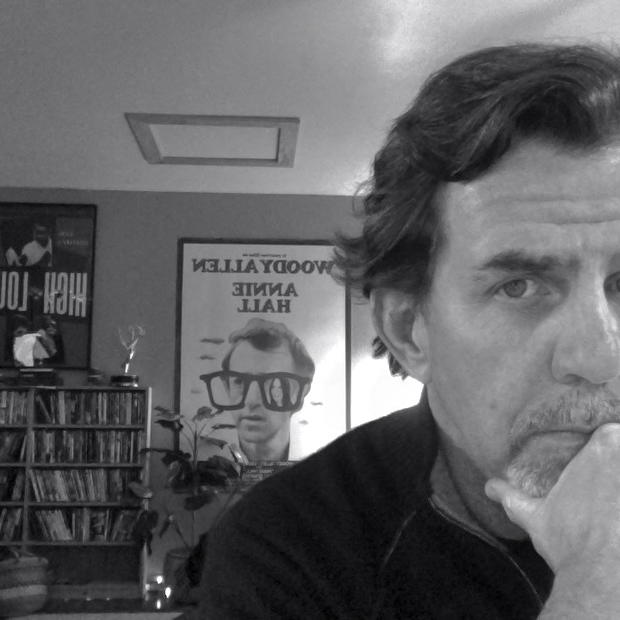Confident or cocky?
After watching this SoundFX breakdown of the Seahawks’ final heartbreaking drive in the Super Bowl, there is an argument to be made that coach Pete Carroll’s unwavering belief in the team’s fairy tale narrative of victory led to the disastrous last call. The NFL-produced video is heavily edited and less dramatic than it could be, but it provides a few revealing sound snippets captured by a combination of wireless and parabolic microphones (which look like hand-held satellite TV discs and can record conversations 30 or 40 yards away).
At the beginning of the drive, Carroll says into his headset, “Two minutes to go, we got three time-outs, we need a touchdown to win. We’ve been doing this all year. Let’s go do it again.” True enough.
Following the completed pass to Marshawn Lynch, Carroll says directly to Russell Wilson, “Three time-outs from the 50 yard line, touchdown to win. We never give you one this easy.” So easy in fact that after Jermaine Kearse makes his miracle, ladybug-on-its-back catch, it seemed pretty obvious to everyone that the fairy tale would indeed have its happy ending. Another win snatched from the claws of defeat, repeat Super Bowl champs, a deluge of confetti, the hometown parade, team immortality. Who can honestly say that images of the victory celebration weren’t already dancing in their heads?
Carroll has admirably stood by his play call (even though it led to a 4am, morning-after crying jag). He has not engaged in the shoulda-coulda-woulda scenarios still twisting fans in knots. But did his blind faith in the team’s mythical narrative lead to a call in which the possibility it could go horribly wrong was never even entertained? After all the pass should have been completed (the narrative ensured it), it could have been completed (the play worked in the past), and it would have been completed (if the ball was thrown a few inches closer to receiver Ricardo Lockette’s left shoulder, or he had muscled forward just a bit).
But here’s the thing: Even if Lockette had caught the ball, it’s unlikely he would have scored. The Patriot’s Malcolm Butler was primed for a direct hit on Lockette, stopping him short of the goal line. That probability makes the play call even more baffling. Why run it unless you believed wholeheartedly (arrogantly? impudently?) in the infallibility of the fairy tale?
Moments later, we hear a stunned Wilson asking Carroll, “What happened?”
Reality, that’s what happened.


